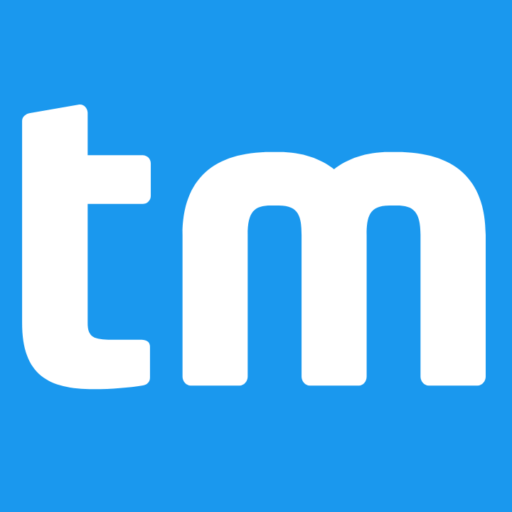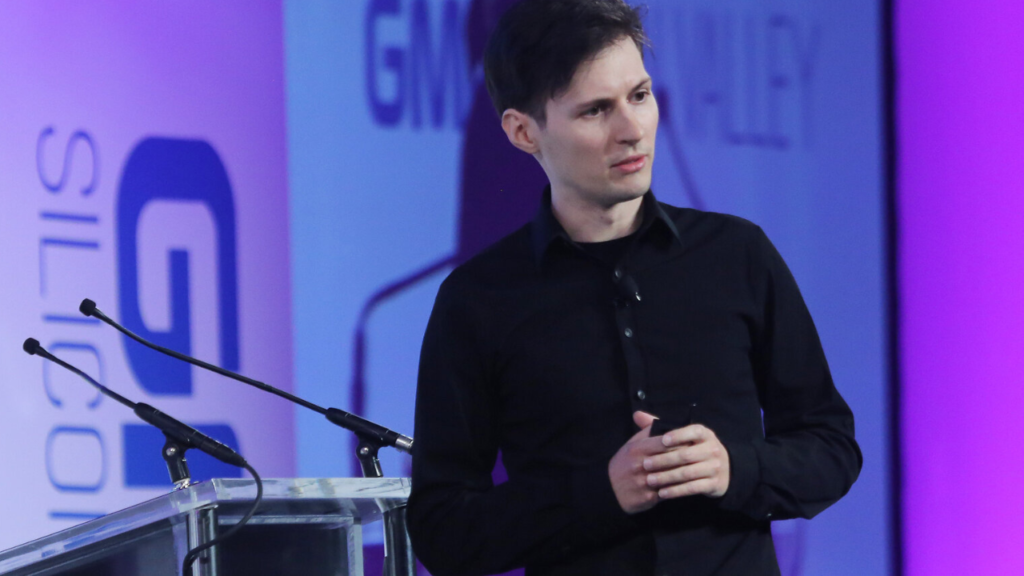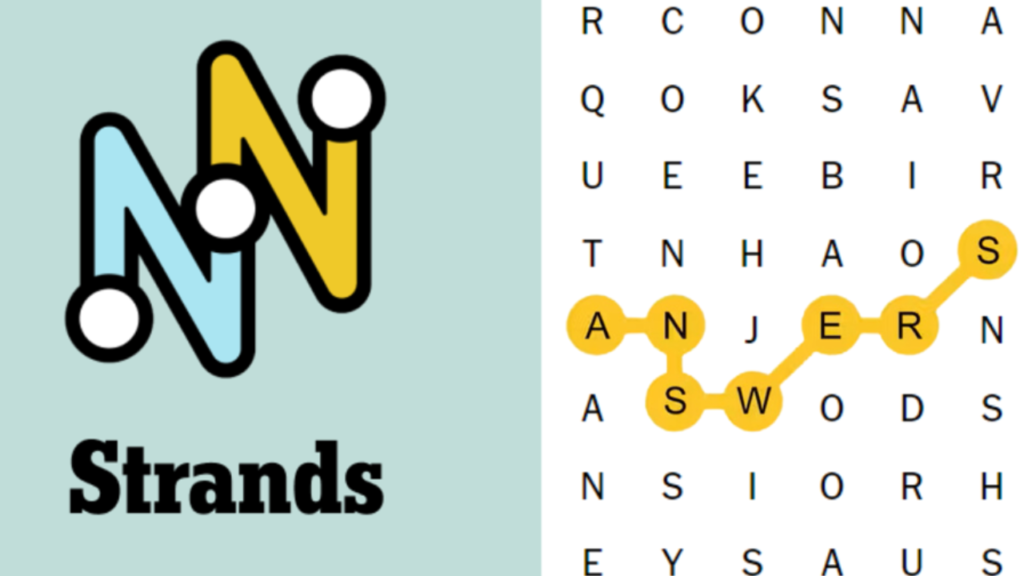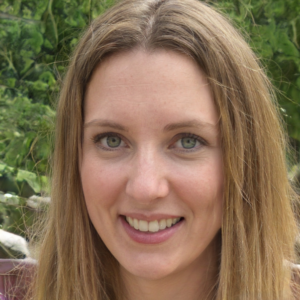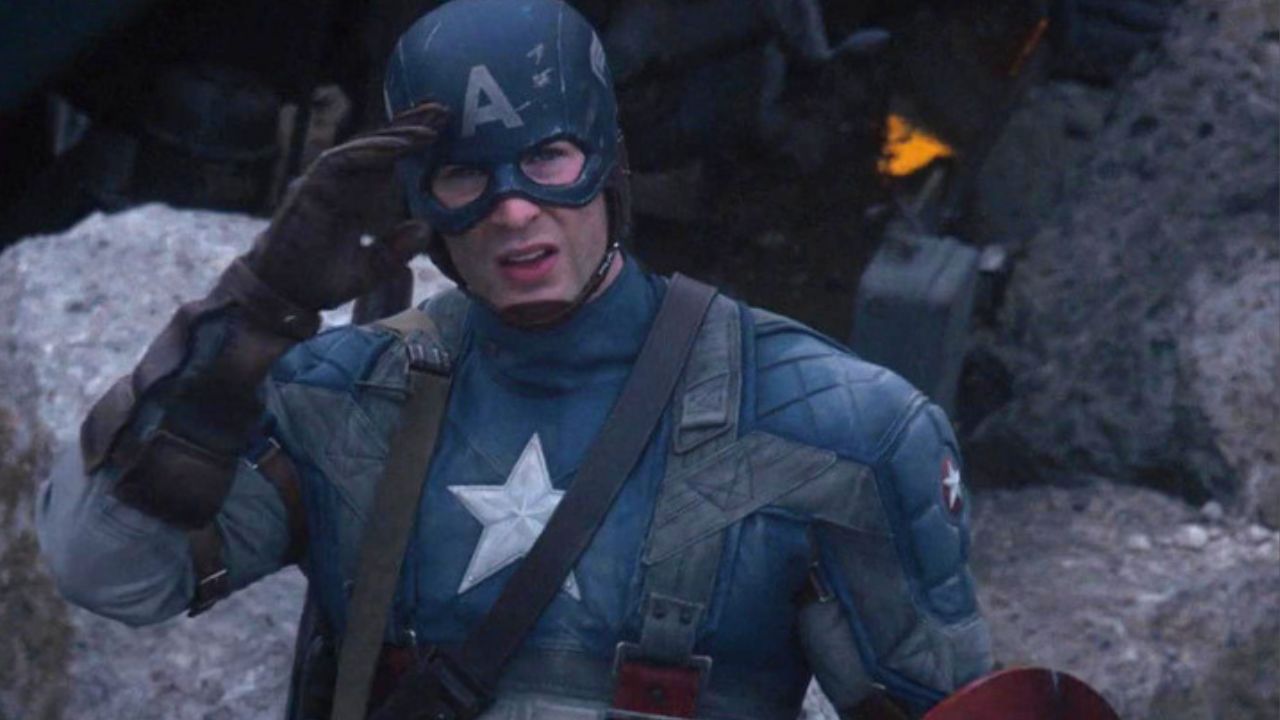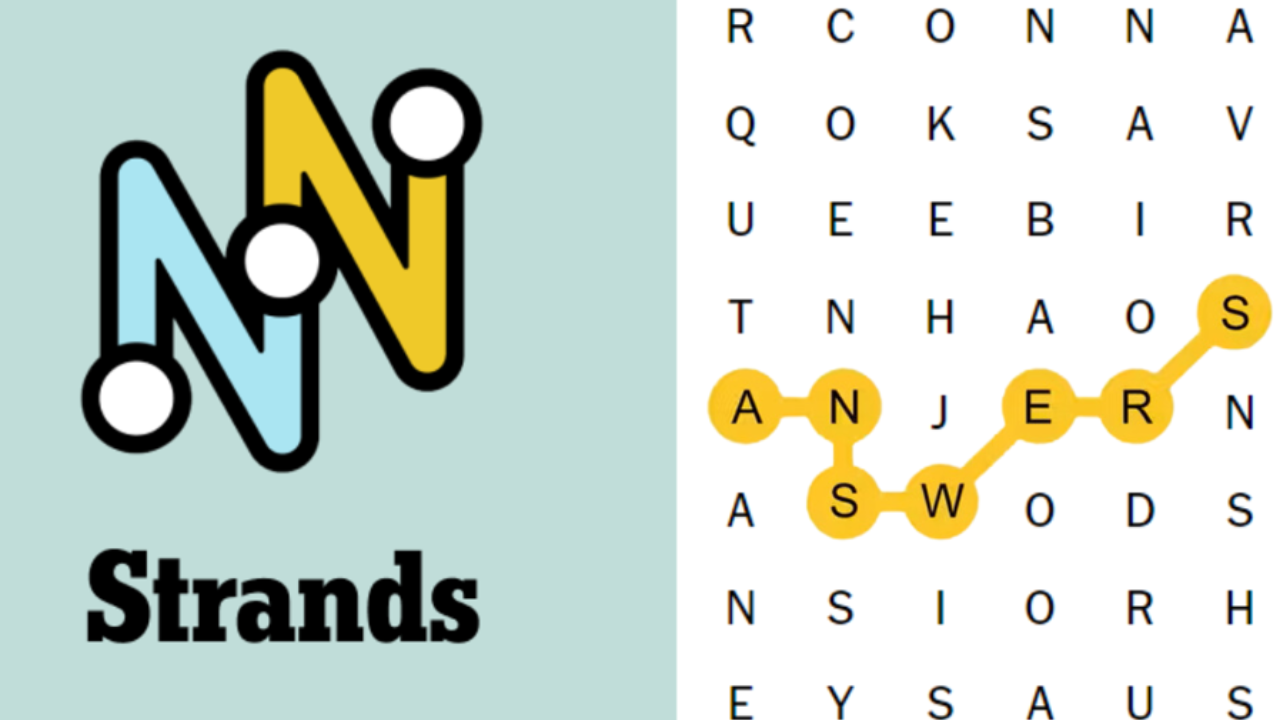Pavel Durov, the Russian-born CEO of Telegram, has been summoned before a French investigative judge who will determine whether to initiate formal legal proceedings against him following his recent arrest. Durov was detained upon arriving in Paris via private jet, drawing global attention to the accountability of app providers in the digital age and igniting a debate about the balance between freedom of speech and legal enforcement.
The Paris Prosecutor’s Office announced on Wednesday that Durov’s police custody had concluded, and he would be presented in court for an initial appearance, with the potential for an indictment. This step, however, does not equate to an admission of guilt. In France, being placed under formal investigation signifies that the case is deemed serious enough by judges to warrant further probing, which could extend for years before a decision is made on whether to proceed to trial or dismiss the case.
The investigative judge’s decision is anticipated by 8 pm local time (18:00 GMT), which marks 96 hours since Durov’s detention—the legal maximum for holding a suspect before a formal decision must be reached. If Durov, who holds French citizenship, is formally investigated, the court will also consider whether pretrial detention is necessary, weighing factors such as the risk of flight.
The broader investigation is targeting unspecified individuals and is focused on alleged involvement in various crimes, including facilitating illegal online transactions, possession of child exploitation materials, drug trafficking, fraud, withholding information from authorities, and offering cryptographic services to criminal networks. The Prosecutor’s Office has not specified the exact allegations against Durov himself.
In a statement issued on Monday, Telegram affirmed its compliance with European Union regulations, stating that its content moderation practices are “in line with industry standards and continually improving.” The company defended Durov, asserting that he “has nothing to hide” and frequently travels across Europe. The statement also dismissed the notion that a platform or its owner should be held responsible for the misuse of that platform.
Durov holds citizenship in multiple countries, including Russia, France, the United Arab Emirates (UAE), and the Caribbean nation of St. Kitts and Nevis. The UAE Foreign Ministry expressed its close monitoring of the situation and urged France to extend all necessary consular support to Durov. Similarly, Dmitry Peskov, the Kremlin spokesperson, voiced hope that Durov would be afforded all the necessary legal protections, emphasizing Moscow’s readiness to provide assistance as he is also a Russian citizen.
However, Peskov noted the complexities of the situation, given Durov’s French citizenship, which could complicate Russia’s involvement.
Amid accusations from Russia and X (formerly Twitter) owner Elon Musk that France is infringing on free speech through Durov’s arrest, French President Emmanuel Macron took to X to counter these claims. Macron clarified that Durov’s arrest was not politically motivated but rather part of an independent judicial inquiry. He underscored France’s deep commitment to freedom of expression while asserting that such freedoms are upheld within a legal framework that safeguards citizens’ rights both online and offline.
